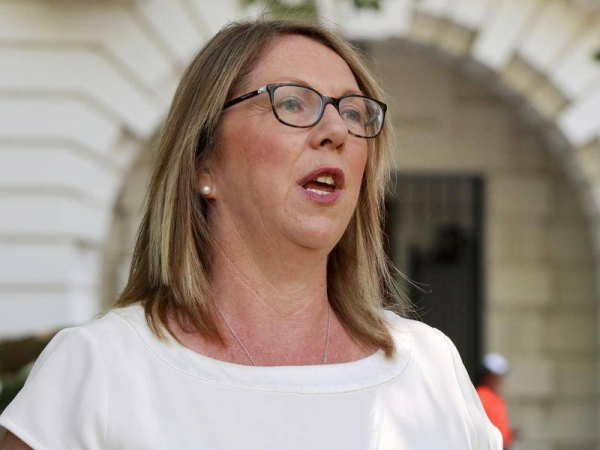The Australian Private Hospitals Association has welcomed Labor's $250 million election commitment to cutting public hospital elective surgery waiting lists but says it risks "entrenching perverse incentives" if it does not also address the 'harvesting' of privately insured patients.
Labor announced the $250 million will be committed from its $2.8 billion 'Better Hospitals Fund'.
According to APHA CEO Michael Roff, “We need to address the reason those patients are waiting in the first place. We know from Australian Institute of Health and Welfare (AIHW) data that public patients are languishing on public hospital elective waiting lists, while privately insured people jump ahead of them in the queue,”
The AIHW data has shown public patients wait around twice as long as insured patients for treatment in public hospitals. The number of private patients seen annually in public hospitals has grown by half a million patients over the past decade – an average increase of 9.1 per cent each year.
The issue has been a source of ongoing tension between federal and state governments with health minister Greg Hunt describing the practice as "harvesting".
“While $250 million could impact those waiting lists, public hospitals are currently creaming about $1 billion annually from private health funds by harvesting privately insured patients in their emergency departments," continued Mr Roff.
“Without some protections about how the funding is used, $250 million may not be enough incentive to stop those unethical practices.
"Without guaranteeing the Medicare principle of access to a public hospital bed solely on the basis of clinical need, the outcome could be more private patients in public hospitals.
“What makes this situation even more bizarre is that the resulting pressure on public hospitals will often mean that private hospitals are then contracted by the State Government to treat public patients – as we have seen recently in Queensland,” he said.
Mr Roff said Labor should consider investing the additional funding directly into private hospitals.
“Mr Shorten rightly points out that knee and hip replacements or cataract surgeries are not elective, they are essential. And private hospitals already perform the majority of these surgeries. The most efficient use of this funding would be to contract services to private hospitals.
“Unless the public hospitals are forced to change their behaviour, history shows us that’s exactly where the funding will end up anyway,” he added.
